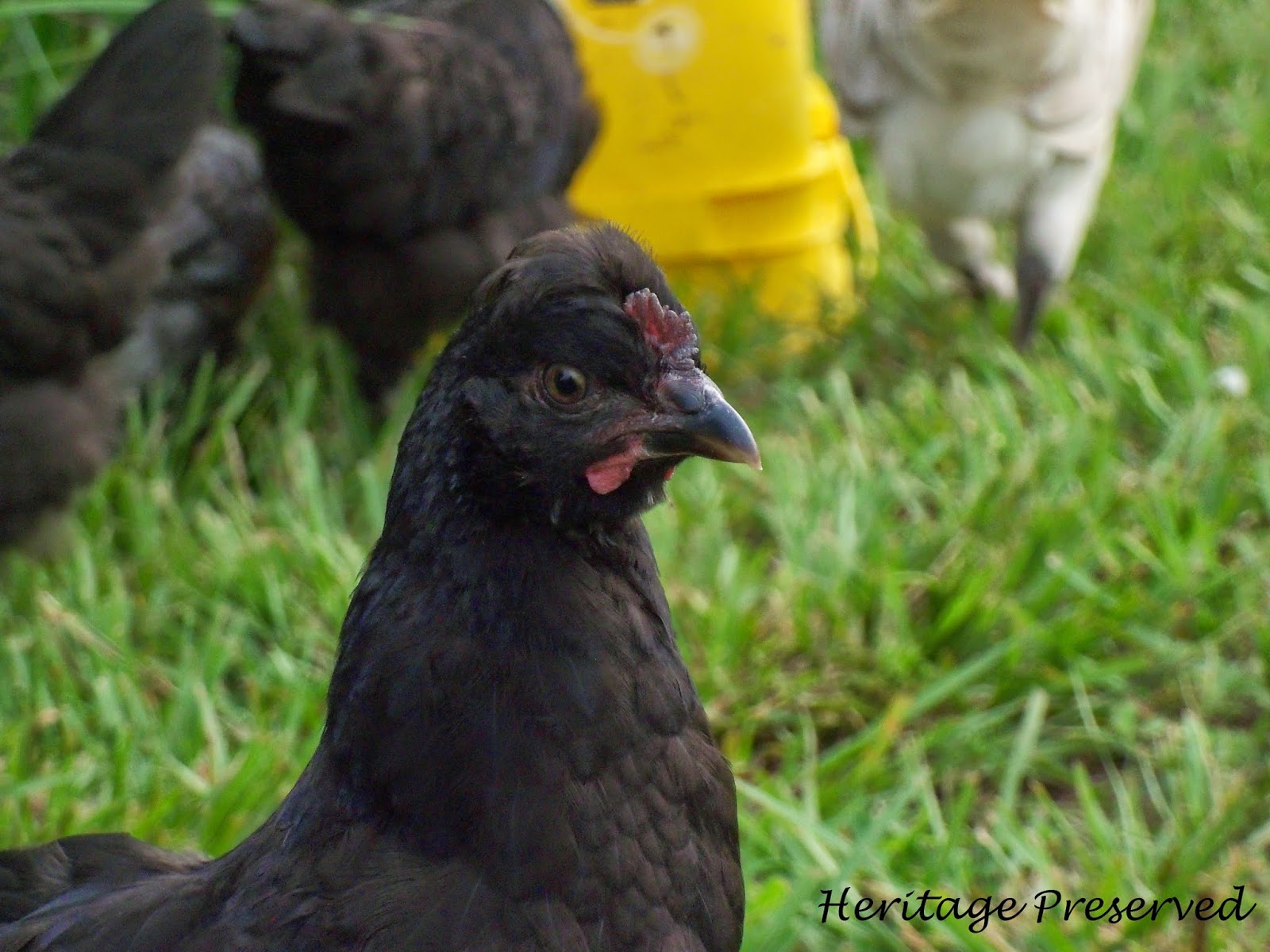Soft Shelled
Eggs
This
one isn’t a disease, but it is something I’ve run into several times during my
chicken keeping adventure. Strictly
speaking, and in a lot of cases, it’s no big deal. There are a myriad reasons chickens will have
soft shells. Kind of like you and I
getting a sharp pain or pinch out of nowhere.
Oh there’s a “reason” for it, but you never figure it out and it never
happens again or happens so infrequently you’re surprised each time. Possibly not the best analogy, but the only
one I could come up with right now.
Grin…
I’ve
come across soft shell eggs in two different forms. The first, is simply eggs with thin
shells. They don’t look any different
than other eggs, but when you go to pick them up, they have a totally different
“feel”, in that you just know the shell isn’t as hard as the rest and when put
in the basket with the others, it cracks.
Or when I go to crack it in the kitchen, it pretty much squashes,
getting egg shell in whatever I’m trying to crack the egg into. The second way is to find an egg that looks
nearly transparent and is squishy and wiggly.
They almost feel like a jello egg (if you’re old enough to remember
jello wigglers or when jello came out with the molds to use knox gelatin and
make Easter Eggs from jello). These are
a bit fun to play with, so long as you don’t mind the possibility that you’ll
break it, creating a big mess and wasting the egg.
So,
what are some of the causes of these conditions? I’ll list them in order of how I approached
the cause. Numbers 1 and 2 are the only
conditions I’ve had to face in the soft shell scenarios. I’ve been able to reverse the thin shells in
as few as a couple of days by addressing number 2 quickly. Lord willing, I’ll never address the rest of
the issues.
1.
Hot days. When the weather turns
really hot, chickens naturally slow the egg making process. It takes energy to create eggs and energy
creates heat, so the obvious answer is to not create any extra heat. Also, chickens slow their food intake in the
extreme heat (whatever extreme is to them in their environment – here, it is
when it gets to and stays 95 or so for several days in a row; in your area, it
could be 85 and over).
2.
Calcium Deficiency. Calcium,
obviously, is needed to create eggs.
Remember, as well, calcium is needed to maintain a healthy body. So, chickens need a bit more calcium to
maintain health and egg production. It
only stands to reason if they only have enough for one or the other, something
has to give and like humans, their body will protect itself first.
3. Overall Protein/Mineral/Vitamin
Deficiency. Chickens need good levels of
all of these. If your chickens are free
range and have access to lots of good weeds, grass and bugs, they’re most
likely getting everything they need. Unless you see an issue, leave it alone. However, if you feed a commercial feed or mix
your own (which is what I usually do) then you may need to take a look at your
feed. Is it missing something? Could you supplement with something
natural? There are a lot of benefits to
weeding your garden aside from helping the plants you want to grow have more
space and nutrients - - weeded gardens produce weeds that need to be discarded
and chickens LOVE weeds! When mine were
penned, I picked weeds regularly for them.
I dumped all my weeds in their pen.
Heck, in the winter, I used to pick weeds directly from the yard to give
to them. It was great for them and the
lawn come springtime. Avoid feeding
spinach, chard and citrus. All three
interfere with calcium absorption in hens.
Just leave them off the chickens’ menus.
Easier to not feed them these than to worry about doing so and whether
Otter loves oranges and ran off with a bigger portion that she should
have. J The following weeds/herbs are particularly high
in calcium, so consider adding these to the menu instead: alfalfa, burdock root, chamomile,
chickweed, clover, dandelion greens, horsetail, lambs quarter, mustard greens,
nettle, parsley, peppermint, raspberry leaf, rose hips and watercress.4. Certain Breeds/Ages are More Prone than others. Older hybrids (Sex Links, Comets, etc) and older birds are more prone to soft/thin shelled eggs simply because the hybrids are bred to optimize their production quicker (thus using up their reserves quickly) and the older birds simply start getting “old” (like older humans can begin breaking bones as they age).
5. Stress. Enough said? Bullying, barking dogs, threats regularly (meaning a hawk or some other predator is repeatedly trying to get to them and more can cause any number of adverse effects on hens with the first response being withholding those jewels from the nest and soft/thin shelled eggs next.






















